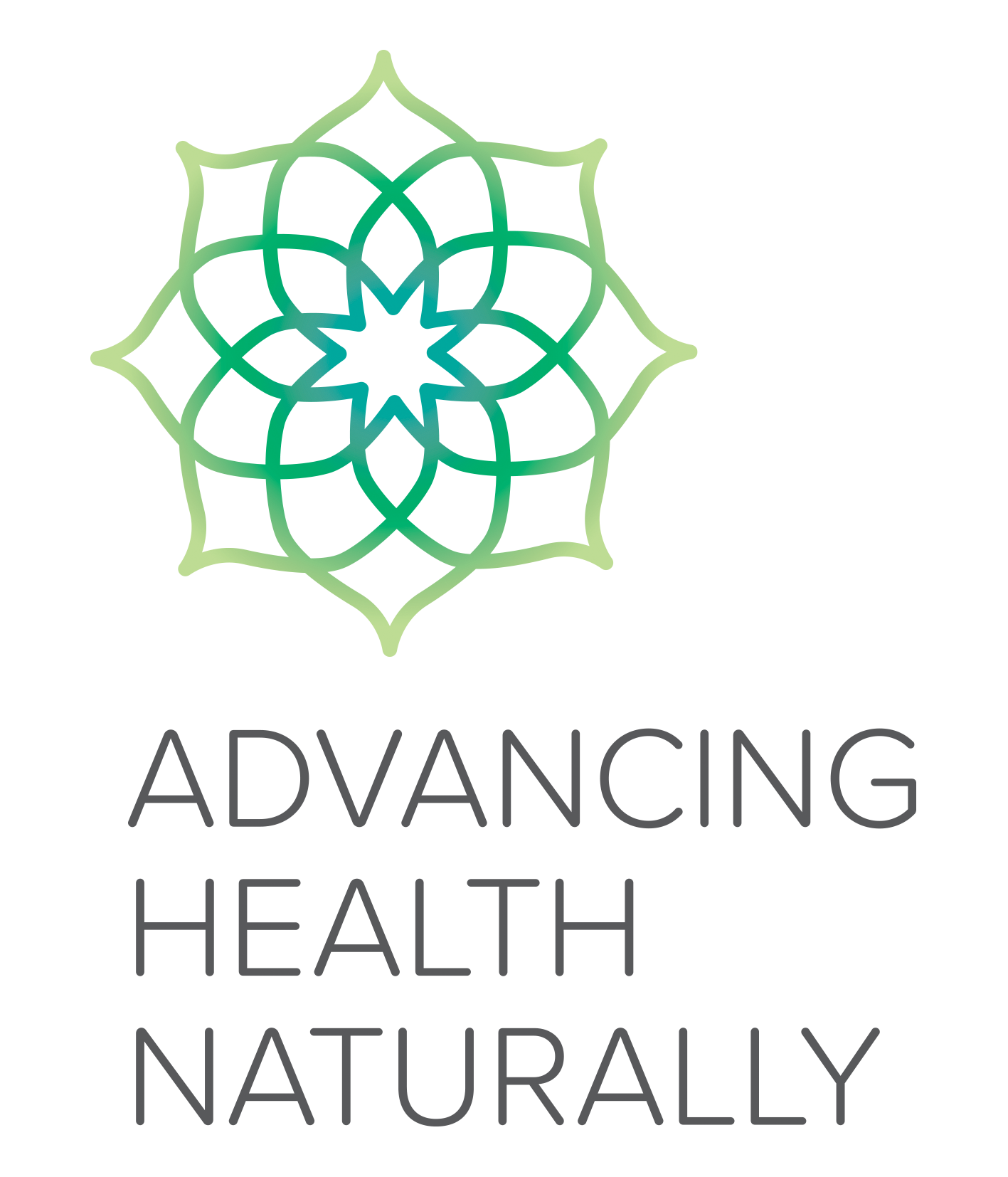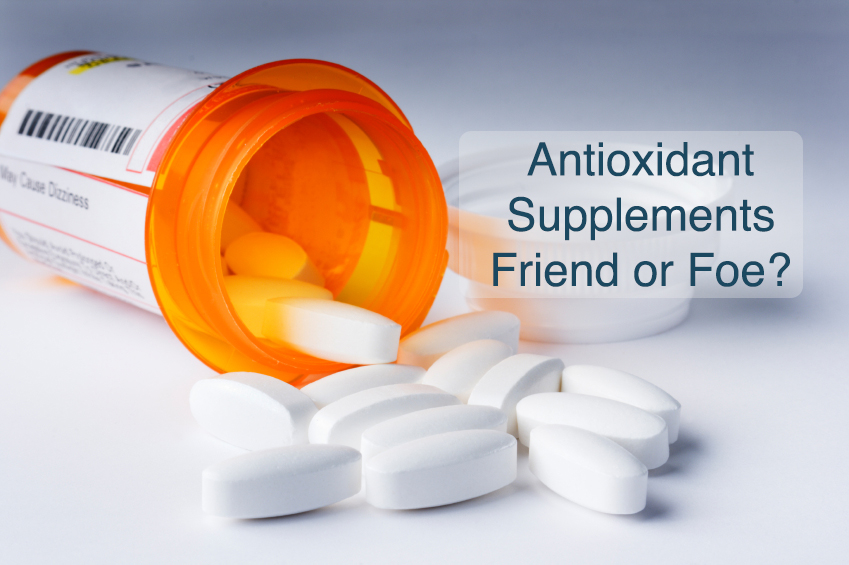Vitamin C is one of those vitamins you can’t get enough of—even if you take too much, your body will just excrete it. And you need the antioxidant effect that vitamin C provides to combat the effects of aging. So, the more you take, the better, right? Maybe.
It could be that manufacturers of vitamin supplements want you to think more is better. But, is that really the best way to get critical antioxidants for your body?
“In the long run, [taking antioxidant supplements] might make you feel a whole lot worse.” That is according to an article published in Scientific American titled “Antioxidant Supplements: Too Much of a Kinda Good Thing”.
WHAT DO ANTIOXIDANTS DO?
One important function of vitamins such as Vitamin A, Vitamin C, and Vitamin E is to act as antioxidants. Antioxidants work to protect our bodies from the damaging effects of free radicals. Our bodies make free radicals (unstable molecules that cause oxidative stress) during our normal metabolic functions or when we are exposed to stressors like air pollution, car exhaust, cigarette smoke, or sunlight. When our bodies are overexposed to free radicals, we are at risk for premature aging because free radicals destroy the cells and tissues that make up our bodies.
WHAT’S THE BEST KIND OF ANTIOXIDANT?
We get antioxidants from different sources, and each source provides a different type of antioxidant.
- Supplementary antioxidants are often synthetic forms of vitamins that are not always in the most bioavailable form. They may come in massive doses, for example, 1000% of the daily recommended dose. Researchers have found that these gigantic doses may actually interfere with the body’s delicate balancing act between free radicals and antioxidants. And according to a WebMD article titled “Antioxidant Supplements Raise Death Risk,” there is much discussion on whether taking these types of supplements hurts or helps.
- Dietary antioxidant nutrients come from the foods we eat. Eating a “rainbow” of foods—foods in all different colors—gives you the best chance of getting the most variety of the best kind of antioxidant nutrients, like vitamin C in its most natural form.
- Antioxidant enzymes are produced in the body and are far more powerful than dietary antioxidants at stabilizing free radicals. The antioxidant enzymes that your body produces are reusable—your body can use them over and over again to defend against many free radical molecules. Your body can regulate the production of these enzymes depending on the balance between antioxidants and free radicals that’s currently happening in your body.
Here’s how supplementary antioxidants (for example, Vitamin C) and antioxidant enzymes compare:
- Taking 2,000 mg of Vitamin C each day can neutralise about 0.01 moles of free radicals.
- If you can increase your body’s production of an antioxidant enzyme like superoxide dismutase (SOD) by 2,000 mg per day, it can neutralize up to 5,270,000 moles of free radicals per day.
This means that if you really want to get rid of the free radicals that jumpstart the aging process in your body, you need to figure out how to get your body to produce more antioxidant enzymes.
HOW DO I STIMULATE MY BODY TO CREATE REUSABLE ANTIOXIDANT ENZYMES?
Avoiding high-dose antioxidants and getting plenty of dietary antioxidants can help. But to create the strongest defense against free radicals, your body needs to activate its body system that creates powerful antioxidant enzymes according to your body’s rhythms.
This is where Nrf2 comes in. If you consume high-dose antioxidant supplements—like too much vitamin C—you can interfere with your body system responsible for producing antioxidant enzymes. Rather than flood the body with outside antioxidants, Nrf2 tells your body to start making hundreds of different protective molecules, including antioxidant enzymes, whenever your cells are under stress. It stimulates your body’s response to cellular stress by cleaning up damaged cells, improving cell function, and activating a response that protects cells against future stress.
Here are five steps that trigger Nrf2 and your body’s antioxidant enzyme production system:
- Stop taking high-dose antioxidant supplements like vitamins A, C, and E.
- Get active!
- Try intermittent fasting—once a month, consume only water for 24 hours.
- Eat the right variety of foods (blueberries, onions, broccoli, cabbage, apples—remember a “rainbow”).
- Boost Nrf2 with properly balanced phytonutrients (nutrients found in plants that combine to activate Nrf2 even further than when the nutrients are consumed alone).
Are you ready to take action?
Click below to purchase Protandim Nrf2.
Join Our Group
Click below to stay in touch and read testimonials.


